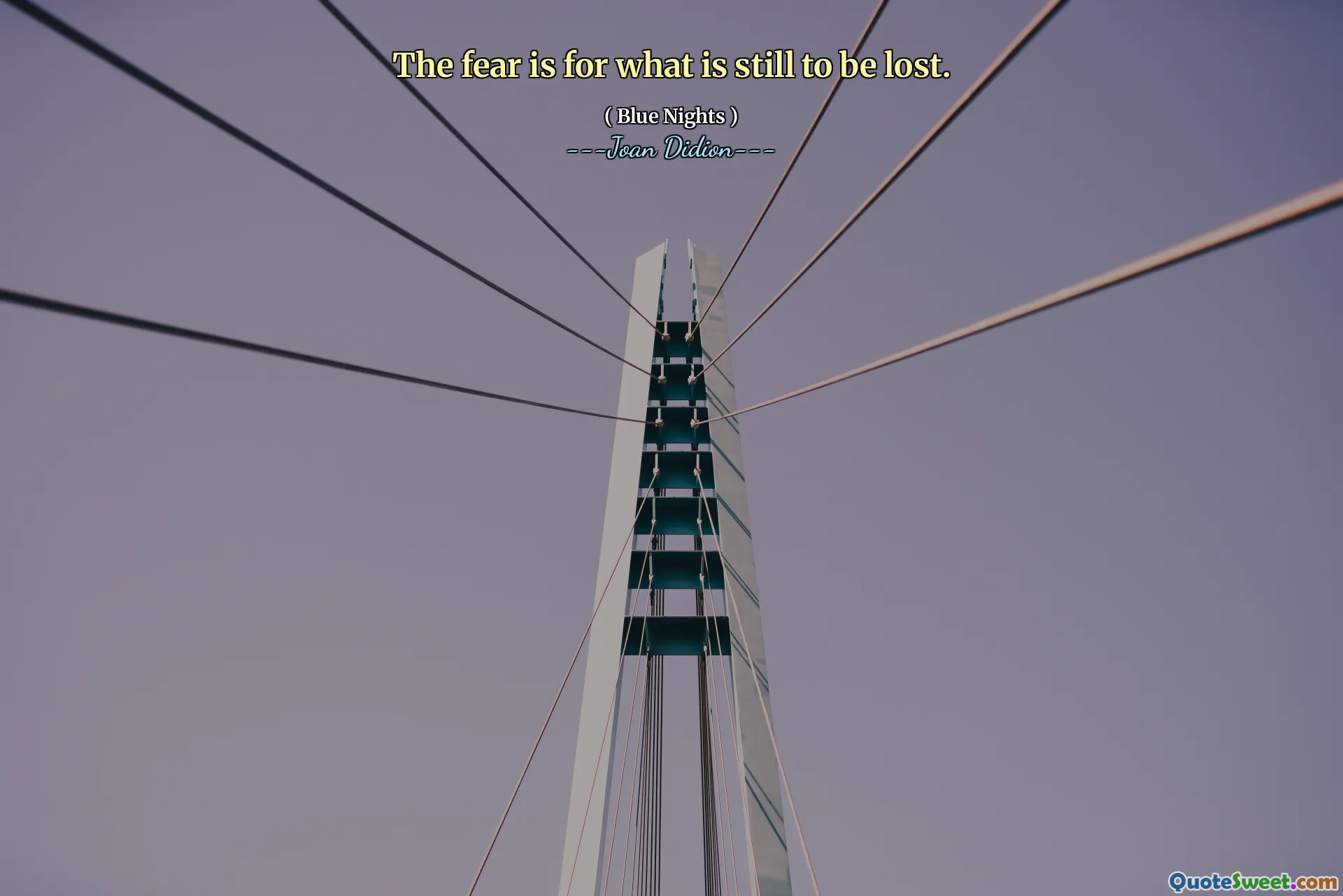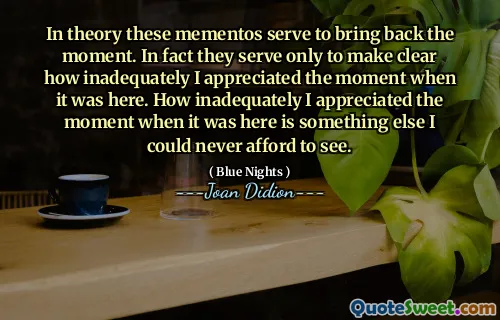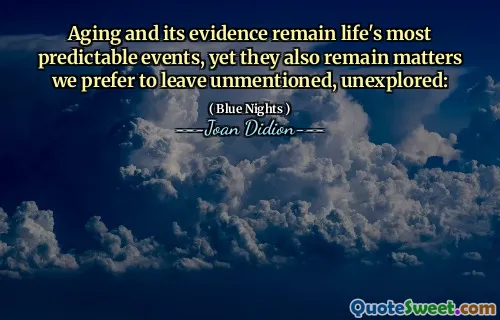
The fear is for what is still to be lost.
This quote encapsulates a profound aspect of human psychology: our tendency to worry not just about what we currently possess, but about the potential losses looming in the future. Often, anxiety stems from the anticipation of losing something valuable—be it love, security, health, or even peace of mind. This anticipation can overshadow present joys and lead us to live in a state of perpetual apprehension, effectively diminishing our ability to enjoy the here and now.
In literature and philosophy, this idea is frequently explored. The fear of loss often drives individuals to cling tightly to what they have, sometimes to the detriment of their growth or happiness. It reflects a fundamental fear of impermanence and change—elements that are inevitable in life. By fixating on what might be lost, we risk neglecting the blessings and opportunities present at this moment.
This perspective forces us to confront our fears about the future and consider whether our anxieties hold any constructive value or merely serve to imprison us in a cycle of worry. Recognizing this tendency can help us develop resilience and a sense of acceptance, understanding that loss, while painful, is also a natural and valuable part of life's evolution. Embracing this reality can allow us to cherish what we have now, rather than being paralyzed by what might be lost tomorrow.
In the context of Joan Didion's work 'Blue Nights,' this quote resonates deeply with themes of memory, mortality, and the unpredictable nature of life. It reminds us of the importance of appreciating our present moments and acknowledging that the fear of future loss often complicates our emotional experience of life.









